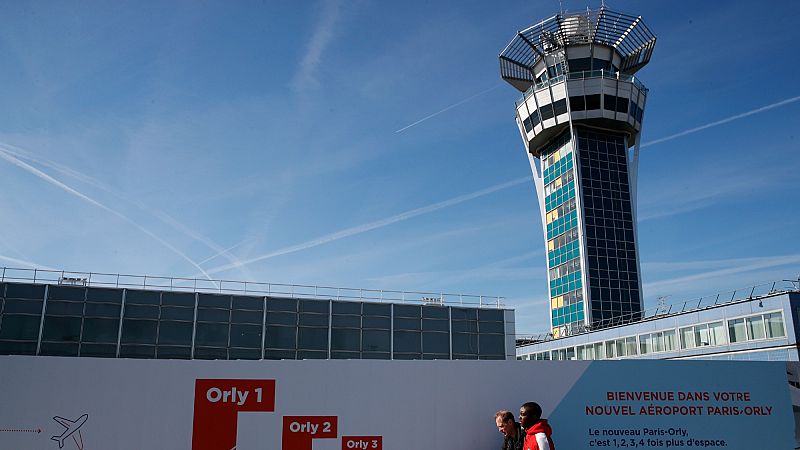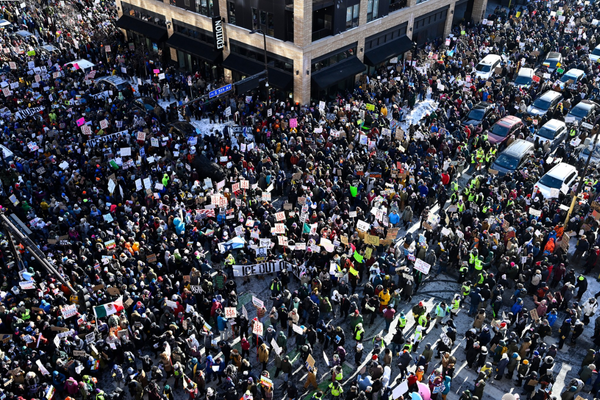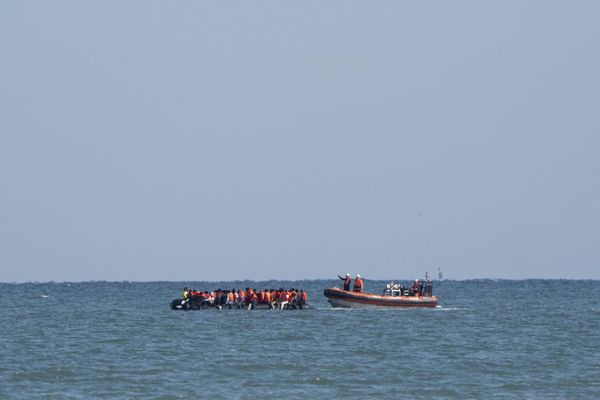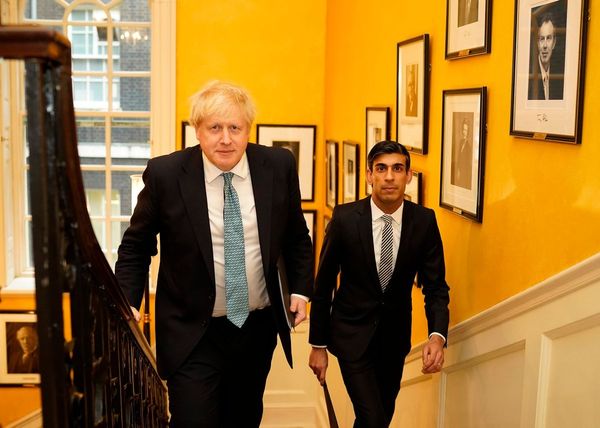
A strike by French air traffic controllers entered its second day on Friday with flight delays and cancellations continuing for thousands of passengers.
The French Civil Aviation Authority (DGAC) has asked for a reduction in airport capacity across the country, meaning airlines will have to cancel flights.
Airlines for Europe (A4E) said on Thursday that a total of 1500 flights have been cancelled on 3 and 4 July, affecting over 300,000 passengers.
Late on Thursday, Ryanair said it has been forced to cancel 400 flights on Thursday and Friday due to the strike, including some flights over France to the UK, Spain, Greece and Ireland. It could disrupt travel for more than 70,000 passengers.
Easyjet has also said it has had to cancel 274 flights during the walkout.
It comes on the eve of the school summer holidays in France, when air traffic peaks. These dates are some of the busiest of the year, according to DGAC, as many head off on their summer break.
How many flights are cancelled due to French ATC strikes?
DGAC tells airlines how many flights need to be cancelled during strikes, then they have to decide which ones they axe. Airports in Paris and the south of France have been the worst affected by this walkout.
On 4 July, airlines have been asked to reduce flights to and from Paris's airports by 40 per cent.
Flights in and out of Nice have been cut by half, and Lyon, Marseille, Montpellier, Ajaccio, Bastia, Calvi and Figari will see flights reduced by 30 per cent.
On 3 July, over half of all flights to and from Nice airport were cancelled. More than half at Bastia and Calvi airports on the French island of Corsica were also cancelled by airlines.
At Lyon, Marseille, Montpellier, Ajaccio and Figari, DGAC asked airlines to reduce flights by 30 per cent. And 25 per cent of flights to and from Paris's airports - Paris Charles de Gaulle, Paris Orly, Paris Beauvais - were also cancelled.
"Despite these preventative measures, disturbances and significant delays are to be expected at all French airports," DGAC said. It added that passengers should check the status of their journey with their airline before leaving for the airport.
The strikes will also impact ‘overflights’ or those which travel through French airspace.
This may mean aircraft have to be rerouted around France, leading to delays. Flights to and from Belgium, Portugal, Spain and Morocco have been among the worst affected during previous ATC actions in France.
Why are French air traffic controllers striking?
The UNSA-ICNA union - the second largest union for air traffic controllers in France - called for strikes on 3 and 4 July. They cited “toxic” and “authoritarian” management as one of the reasons for the walkout. The union is calling for increased staffing levels and a pay rise.
The third-largest ATC union, USAC-CGT, also issued a strike notice for 3 July. The largest union representing French air traffic controllers, SNCTA, which represents 60 per cent of workers, has indicated that it isn’t calling for a strike.
The first major strike since 2024
Air traffic controllers have been in an ongoing battle with the DGAC for years, but this is their first major strike since 2024. Walkouts at the end of May last year saw around 70 per cent of planes grounded.
There was an ‘Olympic truce’ last year, which saw industrial action paused during the games.
In 2023, air traffic controller strikes led to major disruption in France with tens of thousands of cancellations, delays and widespread travel chaos. More than 10 million passengers were impacted by French walkouts between March and April, according to data from Eurocontrol.
A new law was brought in to reduce disruption, which requires air traffic controllers who are planning to strike to inform their bosses at least 48 hours in advance. It is intended to give employers enough time to draw up temporary timetables based on the number of staff who will be working.
A similar rule was already in place for employees of the SNCF national railways and the Paris public transport operator RATP.







